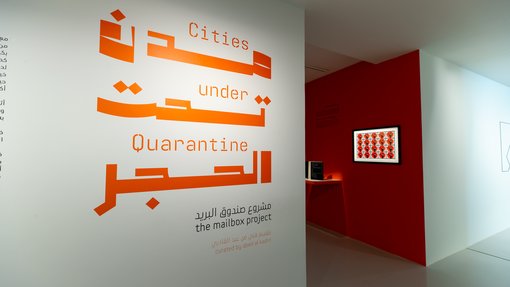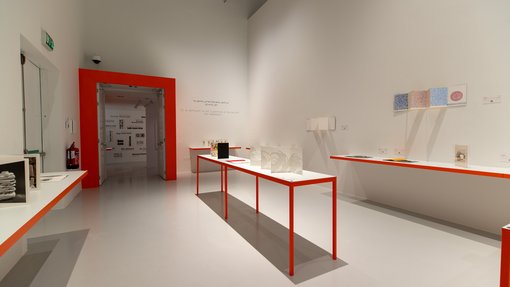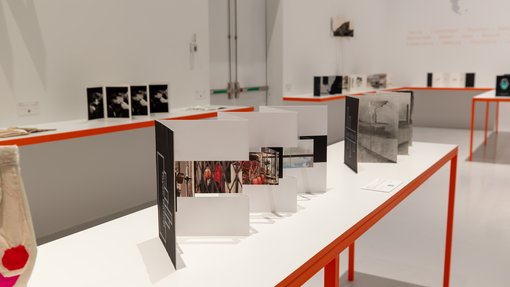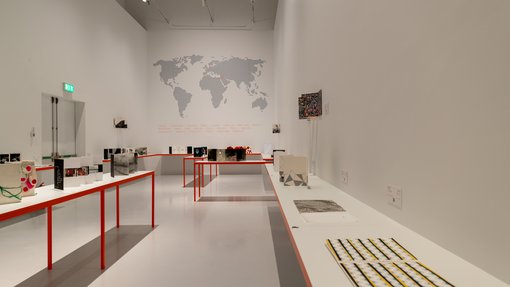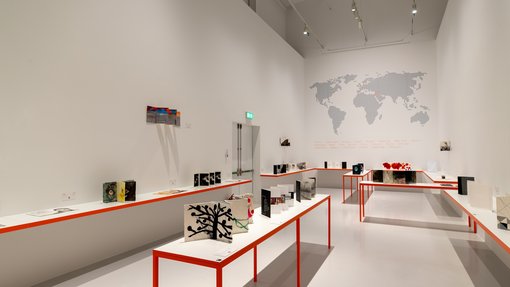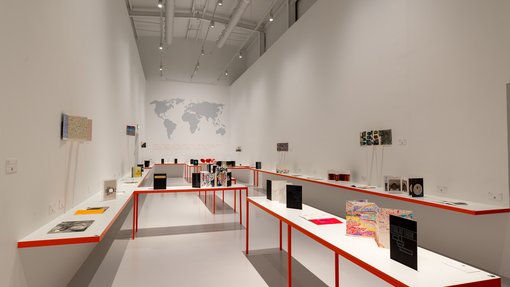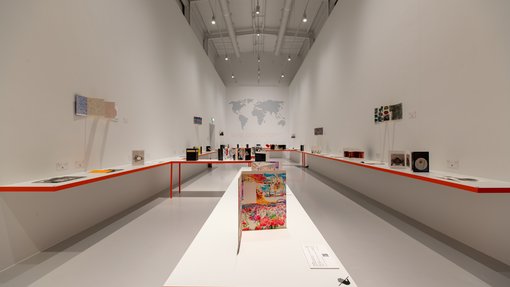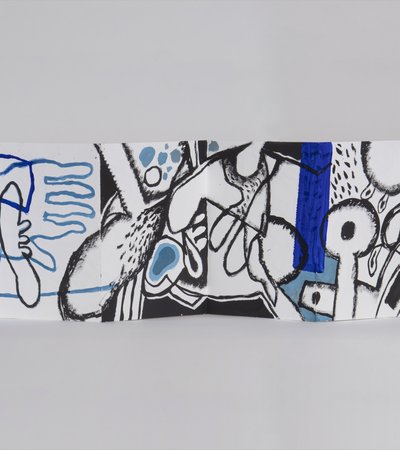Curator’s letter
In spring 2020, the world was thrown not only into a state of emergency, but into a state of isolation as well. The challenge faced by many people was learning how to be self-sufficient, how to be alone.
As an artist, some degree of seclusion is a necessary part of the process, but during the pandemic, we had no choice in the matter. For some artists their studios, once a haven, became a prison. Artists tend to feel things tenfold, reflecting, thinking, creating… moulding intensities and thoughts into something perceivable out there. We need to engage with each other.
It was around this critical time that I came across John Baldessari’s quote, “It is difficult to put a painting in the mailbox.” It got me thinking, we could not move, but could books move?
During the pandemic lockdown, the book had the potential to be an even more powerful medium than it already is -books, I discovered, could travel. Within days I was on the phone, reaching out to friends, fellow artists, and colleagues, inviting them to join me in examining, questioning, and depicting what we were experiencing from within our respective states of involuntary seclusion.
While urgency was important, so was care. I not only wanted the books we [Dongola Limited Editions] were creating in-house for artists to fill to be handmade, and dedicated to each artist by name, but strict sanitation protocols were of the utmost importance. There was still so little we knew. Offering options mattered too, especially at a time when choice had become a privilege. Everyone was able to choose between an accordion-fold book or a hand-stitched book designed by Reza Abedini to realise their part of the project.
Within three weeks, they were finished, packaged, and labelled for mailing from Beirut to 22 cities. They would arrive at each artist’s home, unadorned and empty, ready to be replenished. For many of those participating, it was a challenge, a new approach - only a few had ever worked with the book as a medium before now. The intimacy of the gesture was not lost, nor was the anticipation and excitement.
The process began and Cities under Quarantine: The Mailbox Project came to life. The project seemed to have a momentum of its own, a shining beacon of light in the long dark tunnel of lockdowns; like a friendly hand extended to mend distances and opening a window into each others’ worlds.
In the end, an unprecedented 59 artists from the MENA region answered the call to articulate this moment in time, resulting in a unique and unparalleled effort to bear witness to this new reality, each in their own personal way but from a common root -alone yet with the knowledge that they were creating together. I am forever grateful for their enthusiasm and dedication to join me in this, and for being instrumental in what might be considered a major moment in the world of artists’ books, joining under one roof the largest number of artists sharing this medium of expression.
In the darkest days of confinement, it was the feedback from each artist that made those early months not only bearable, but dare I say, revitalising.
Abed Al Kadiri
